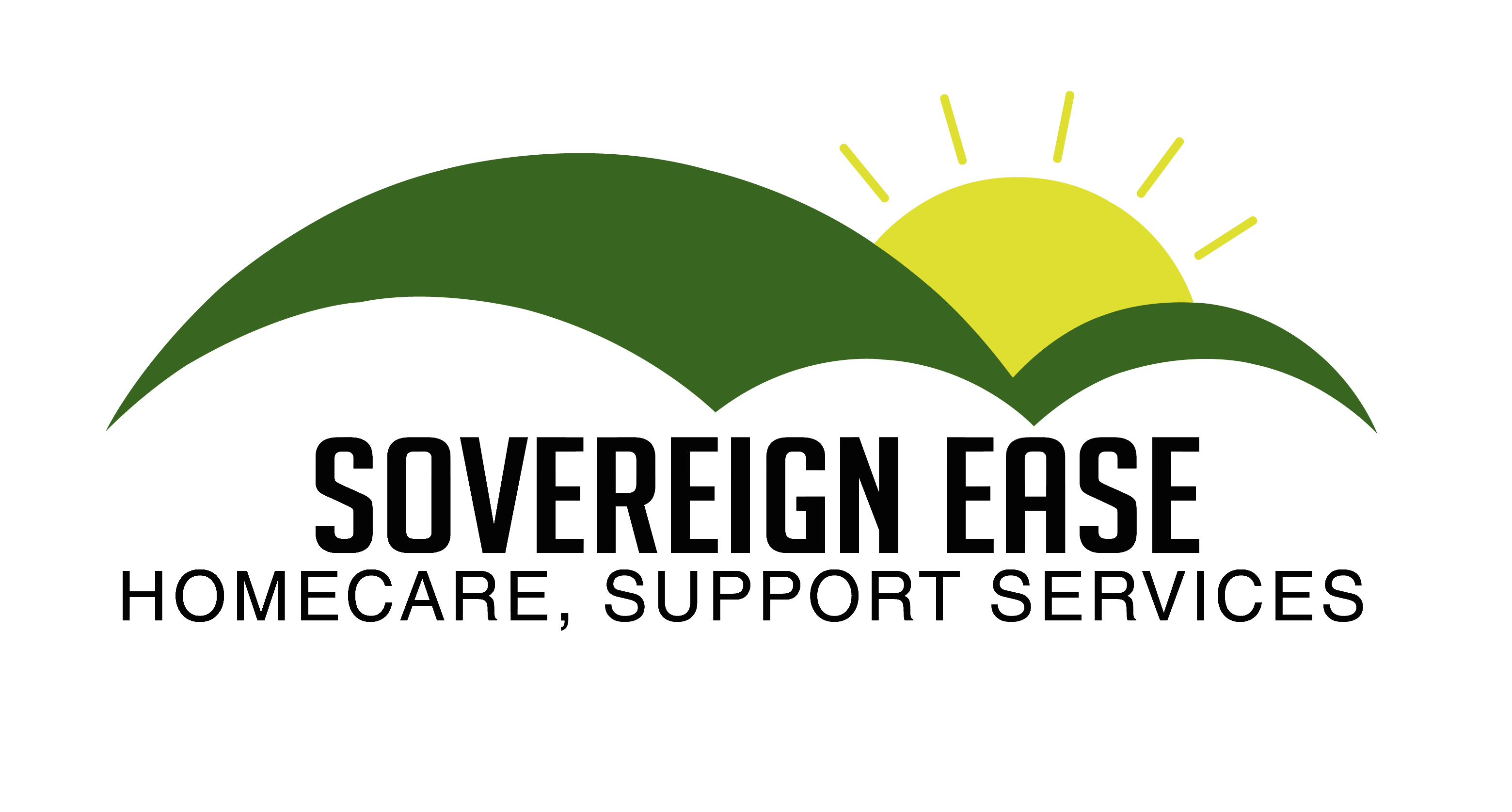- Overview
- About Seller
- Review
"Speech Therapy" Great Strategies for Improving Communication"
Speech therapy is essential for helping people of all ages improve their communication skills and overcome speech-related challenges. It includes assessing and treating various communication issues, from stuttering in children to language disorders in adults. This therapeutic approach plays a vital role in enabling individuals to communicate effectively.
Remember these'
Speech therapy helps improve communication and language skills.
It addresses various conditions at different life stages.
Personalized techniques are used to meet individual needs effectively.
"Defining Speech Therapy"
Speech therapy focuses on addressing challenges related to speech and language skills. This includes various communication disorders that make it hard for individuals to talk clearly or understand others.
Common issues treated in speech therapy include stuttering, articulation problems, and voice disorders. The therapy may also involve enhancing language skills like understanding and using vocabulary correctly. Personalized treatment plans are created to meet each individual's unique needs.
The goal of speech therapy is to improve both verbal and nonverbal communication. This enables people to connect better with others in their personal and social lives.
The Role of Speech-Language Pathologists
Speech-language pathologists (SLPs) are professionals trained to assess and treat communication disorders. They work closely with individuals to identify specific issues affecting their speech and language abilities.
SLPs conduct thorough evaluations to determine the best course of action for each client. They design personalized therapy sessions, which can include activities like practicing sounds, improving vocabulary, or enhancing social communication skills.
In addition to direct therapy, SLPs often provide guidance to families and educators. They ensure support systems are in place to help individuals practice their skills outside of therapy.
SLPs play a crucial role in fostering effective communication and helping people lead more fulfilling lives.
Fluency Disorders
Fluency disorders affect the flow of speech. Common types include stuttering and cluttering. Individuals who stutter may experience repetitions, prolongations, or blocks when speaking. This can lead to frustration and anxiety.
Cluttering involves a rapid speech rate that can make words difficult to understand. People with fluency disorders often benefit from techniques used in speech therapy that emphasize smoother speech patterns and breathing control. Practice and specific strategies can significantly improve their communication skills.
Voice and Resonance Disorders
Voice and resonance disorders impact the quality and pitch of speech. Conditions like dysphonia result in a hoarse or unstable voice. This can be caused by vocal cord issues, misuse of vocal cords, or medical conditions.
Resonance disorders affect how sound is produced in the vocal tract. Hypernasality occurs when too much air escapes through the nose, while hyponasality is a lack of nasal airflow. Therapy focuses on vocal exercises and proper techniques to enhance voice quality and clarity.
Language Disorders
Language disorders disrupt a person's ability to understand or use language effectively. These can be classified into two primary categories: expressive and receptive disorders. Expressive deficits involve difficulties in vocabulary, grammar, and sentence structure.
Receptive language disorders affect the ability to comprehend spoken or written language. Children with these disorders may struggle significantly with language development. Speech therapy includes interactive techniques that promote vocabulary, language comprehension, and conversion quality.
Articulation and Phonological Disorders
Articulation disorders relate to how sounds are produced. People may substitute, omit, or distort sounds, affecting pronunciation. Phonological disorders, on the other hand, involve patterns of sound errors. These can significantly impact communication and social interaction.
Therapists use articulation therapy to correct speech sounds. Techniques may include repetition, visual cues, and phonological awareness activities. Consistent practice can enhance pronunciation skills and overall communication effectiveness.
Cognitive-Communication Disorders
Cognitive-communication disorders affect language and cognitive function. These may result from brain injury, stroke, or developmental delays. Individuals might struggle with attention, memory, problem-solving, or organization, making communication challenging.
Therapists focus on enhancing communication skills and cognitive abilities. They may use strategies that improve social communication, such as turn-taking and understanding non-verbal cues. Tailored exercises can support better interaction in daily life and improve the overall quality of communication.
Pediatric Speech Therapy
Pediatric speech therapy focuses on helping children with speech and language development. Many children face challenges that can hinder their ability to express themselves. Common issues include articulation disorders, apraxia, and delays in language development.
Therapists often use techniques such as communication boards to assist non-verbal children. They create engaging activities to promote language skills, tailoring approaches to each child's unique needs. For instance, children with a cleft palate may benefit from specialized techniques that strengthen oral muscles.
Early intervention is crucial. The sooner a child receives therapy, the better the outcomes. Children with developmental delays receive personalized strategies to help them reach their speech milestones.
Adult Speech Rehabilitation
Adult speech rehabilitation addresses issues that arise from medical conditions such as stroke, brain injury, multiple sclerosis, and Parkinson’s disease. Adults may experience dysarthria, which affects muscle control for speech, or cognitive-communication disorders linked to dementia.
Speech therapists work to restore communication skills and improve quality of life. Customized therapy plans often include exercises to strengthen muscles involved in speech and swallowing.
Articulation and Language Therapy Techniques
Articulation therapy helps individuals pronounce sounds correctly. Techniques might include:
Minimal Pairs: This approach uses word pairs that differ by one sound, like "bat" and "pat." It teaches the listener to hear and produce the correct sound.
Tongue Placement: Therapists may guide patients on where to position their tongues for proper sound production.
Language therapy enhances vocabulary and sentence structure. Strategies include:
Storytelling Exercises: Patients create stories to build narrative skills and new vocabulary.
Interactive Games: Engaging in activities that require the use of language helps reinforce learning.
Speech-language pathologists tailor these techniques to fit each individual’s needs, ensuring effective and personalized therapy.
Aids and Tools in Speech Therapy
Various aids and tools support speech therapy practices. These resources enhance communication skills and engagement.
Communication Boards: Visual aids display pictures or words that help nonverbal individuals express their needs. They can be simple or high-tech, depending on the user's abilities.
Apps and Software: Many speech-language pathologists integrate technology into therapy. Educational apps offer interactive lessons on articulation and language skills.
Other tools may include:
Visual Schedules: These help patients understand the sequence of activities, providing structure.
Flashcards: Used in practice for vocabulary development and recall exercises.
These tools complement therapeutic techniques, making communication easier and more effective for individuals with speech and language disorders. Support and education for family members is also essential. Therapists guide families on how to communicate effectively with their loved ones, making it easier for everyone involved.
Rehabilitation may also involve strategies to cope with specific challenges, ensuring adults can engage with others and participate in daily activities confidently.
Therapeutic Approaches and Techniques
- From Canada
- Seller Since 2023
Another Service of this Staff
Explore AllBrain Injury Care
Brain Injury CarePioneers in Comprehensive Brain Injury Care. At Sovereign Ease, we stand as a...
Patient Escort
Patient Escort ServicesWelcome to Sovereign Ease Homecare & Support Services, where the role of...

